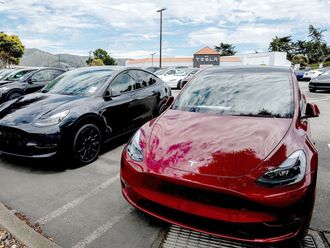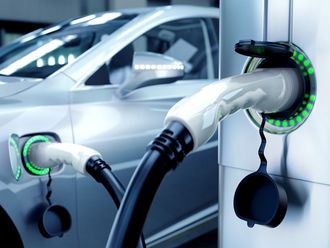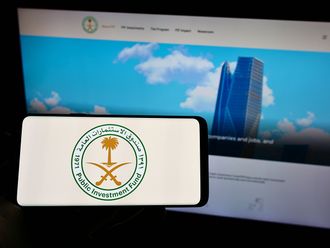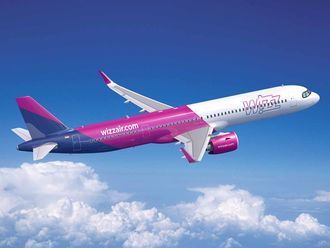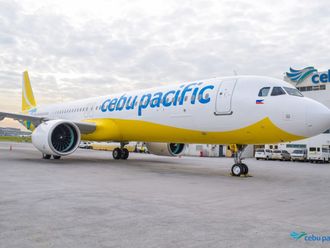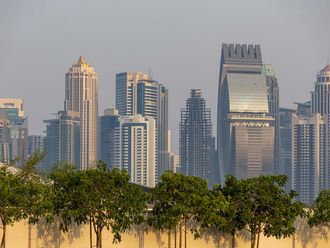Bahrain's Bapco yesterday signed a $1.01 billion (Dh3.71 billion) loan facility with a consortium of local and international banks, the biggest in its history, to finance its Strategic Investment Programme.
The programme includes the modernisation of the company's refinery. "This is a historic achievement that will further advance the development process of Bah-rain," Shaikh Ali Bin Eissa Al Khalifa, Minister of Oil and Chairman of Bapco said following the signing ceremony.
Bapco is fully owned by the government.
This marks the culmination of a highly successful capital-raising exercise by Bapco with strong support from the Government, which was warmly received by the local and international financial market.
Mustafa Al Sayed, President of Bapco, said that following "a very strong response from the financial market" to the proposed financing structure, the financing was raised from $650 million (Dh2.39 billion) to enable Bapco to successfully raise over $1 billion, with a door-to-door maturity of 11 years and 6 months.
It will incorporate a $370 million (Dh1.36 billion) commercial facility, a $330 million (Dh1.21 billion) Islamic lease facility, and a $311 million JBIC/NEXI facility.
The loan will refinance a $150 million facility put in place by BNP Paribas and HSBC to front interim payments.
"The financing is based on a commodity structured scheme which relies on both Bapco's corporate strength and strong sovereign support," he said.
BNP Paribas and Arab Banking Corp were appointed Commercial Book runners, and HSBC and Kuwait Finance House were appointed Islamic Book runners.
BNP Paribas was also appointed commercial documentation agent, global agent, onshore security agent, offshore security agent, account bank and modelling bank.
HSBC was appointed Islamic documentation agent and Apicorp was appointed technical bank. Kuwait Finance House was appointed Islamic lease facility agent and GIB Commercial facility agent.
Al Sayed said the Strategic Investment Programme covers implementation of several profit and environmental projects by 2008 to enable the refinery to meet most stringent quality and environmental projects.
He added that the low-sulphur diesel production (LSDP) project is the largest component of the programme at a total cost of $685 million.



